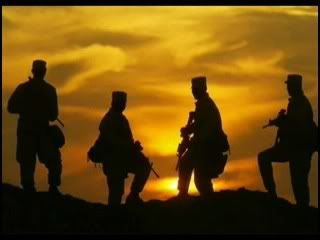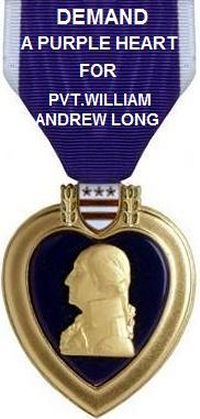
The criteria for the Kaplan/
Newsweek "My Turn" Essay Competition are
here and
here. According to the competition's guidelines, the essay should provide
the reader an intimate glimpse of the author's experience, thoughts or feelings.
Last school term, MJB, a tenth grader at the time, wrote the following introspective essay for the "My Turn" Essay Competition:
Pictures and Memories
All I have of my first father is pictures. In fact, I don’t remember what he looked like without looking at those pictures. People that knew him while he was alive say that I have his crooked smile, and I don’t know what to say back to them. People also say I have his mannerisms, so I must be my father’s son. What I do remember clearly is his funeral. I remember playing with my new Magic School Bus kit in his hospital room. I remember the strange faces at my father’s funeral—his friends, no doubt—looking at me oddly and inquiring as to how I’d felt.
Unlike most young widows, my mother did not have to work. As a result, once my father was gone, she could focus on making a new life for a family of two. Within a few short months, we started taking vacations, traveling through Iceland, Alaska, Paris and Hawaii. We also visited my father’s relatives in England on numerous occasions. I enjoyed myself on those vacations, but I can look back on them now and understand what my mom was really doing—making do for my loss of one parent. Eventually, of course, she realized that she could not take me around the world forever. I had to start school soon, and she knew she had to settle down and get back into life. During the next four years, my mother found two father figures for me.
The first such father figure, using “El Perrito,” his parrot puppet, Mr. Gutierrez was funny and played little games with the class. He taught us students how to say the numbers 1-10 in Spanish, and soon I was proudly blurting them to my mother. In only a short time, I started looking forward to Spanish class with Mr. Gutierrez.
When after a year Mr. Gutierrez resigned his position at the school I was attending, my mother became concerned that the one male role model with whom I had bonded after my father’s death was leaving my life. At the time, I was indifferent—if I remember any of my emotions at all. But my mother wanted me to have Mr. Gutierrez as my teacher, so she tracked him down and discovered that he was starting his own company where he taught students to play the piano. And we already had a piano in our home.
For years, my family had owned a Steinway grand, which my first father had used to play. It has always sat in the piano room, faithfully waiting to be played, every string tuned correctly. In the year since my father had died, that piano had been sitting idly. At a mere five years of age, I had not shown much interest in playing the piano or any instrument for that matter. Nevertheless, because my mother wanted to secure a male role model for my life, she signed me up for weekly lessons with Mr. Gutierrez. Since then, I have learned many lessons from that piano, just by sitting on the bench and learning to play.
But I would learn much more from the man who taught me to coax music from the piano.
Probably as a reward for performing in my first piano recital, my mother took me on a vacation to Iceland. By coincidence we ran into an “old friend” of my mother at the airport. That “old friend” happened to be Robert. Being well over six feet tall, he towered over me. In fact, I remember offering him my Gameboy at the airport and seeing that his thumb was the size of the button pad! In spite of his physical presence, however, my first impression of him was that he was funny, and I don’t think he tried to be. To this day, he maintains that same insider sense of quirky humor.
I’m not sure if I told my mother at the airport nine years ago how much I liked her “old friend,” but soon after we returned from our vacation, my mother did see him again. She and Robert began to fall in love. Over the course of the next two years, they continued to date.
I can’t remember much of their dating period, only a few major events in their relationship. I must have felt a sense of loss when they broke up because one of the three days I actually wrote anything in my diary was the day Robert left. The entry reads, “Today when Robert left, I was sad. Even later I was sad.” Obviously, my relationship with my mother’s boyfriend had grown.
My mother and Robert did not stay apart for long, and they were soon back together. They dated a few more months, at which point he proposed to my mother. They married three months later.
Now, whenever Robert irritates my mother in some way, she jokingly says to me, “You told me to marry him.” I guess I must have said something along those lines to her. Still, I don’t know how much of a role I played in my mother’s and Robert’s reconciliation or in their eventual marriage. As a result, I don’t know if I told my mother how I felt about Robert’s leaving. Maybe, however, while my mother was consciously looking for a father figure for me, I was subconsciously looking for a father for myself.
Pictures are supposed to keep memories alive. But in my case the pictures of my first father bring back no memories other than what the camera shows he looked like. When my mother became a widow, she was overwhelmed with grief. But instead of lying around feeling sorry for herself and for me, she found, as well as her new lover, two role models for me: my music mentor and my second father. With both Mr. Gutierrez and Robert, I am continually sharing and making new memories.
Labels: Students' work
Turn the page ....


























